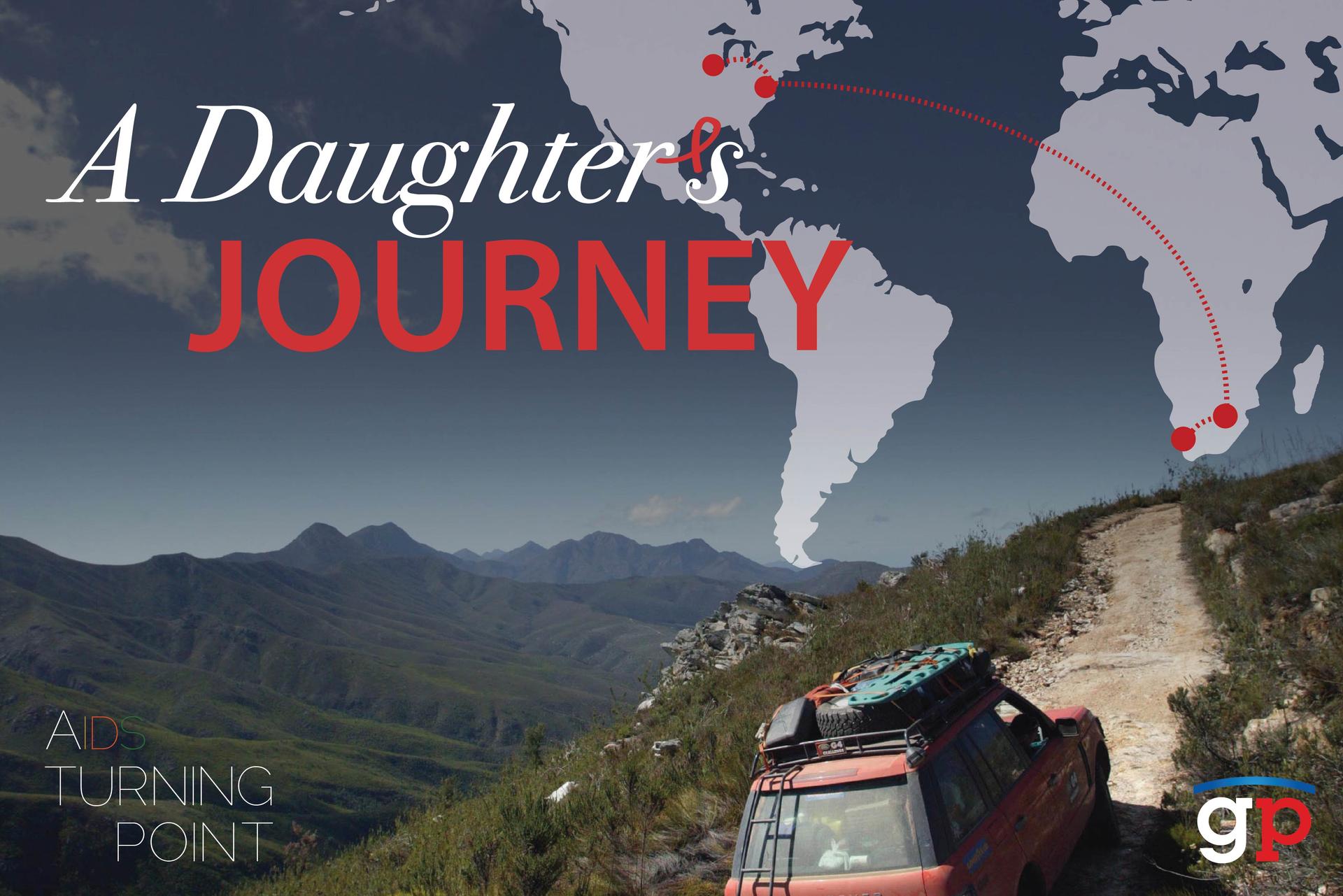A Daughter’s Journey, Part I: Seeking answers on HIV/AIDS
CHICAGO — We are sitting in the hotel restaurant celebrating my fourth birthday with chef Mickey Mouse. My wavy brown hair is pulled back in a bow that my mom tied perfectly just hours before. Her thinning brown hair hangs delicately above her shoulders. We have the same lean, ear-to-ear smile.
That trip to Disney World was the last time we ever traveled together. A few months later she became too sick to leave home. Despite her hair loss and frequent trips to the hospital, she never looked sick to me — perhaps because of my childhood naiveté.
One morning, a month after my fifth birthday, I found myself standing in the doorway of her bedroom, staring at her empty bed. My mom died from HIV/AIDS.
Nearly two decades later, I am exploring my mother’s disease through reporting and writing. This summer, as the US prepares to host the first International AIDS Conference on American soil in 25 years, I’m setting out to discover what we can learn from other countries about the prevention and treatment of HIV/AIDS. I am most interested in the prevention of mother-to-child transmission.
I’ll travel from Chicago to New York to South Africa to report on what is being done to keep babies and their mothers alive, to fight against stigma and to help those infected while reporting on what is still left to do to achieve an “AIDS-free generation.”
![]()
When I was in the fifth grade and I found out how my mother died, my only question was, “Why don’t I have AIDS?” When my mom was diagnosed, my dad and I had gone to be tested.
“You screamed like bloody hell when they drew your blood, but you were negative,” my grandma remembers. My dad was negative, too. I never understood how neither one of us contracted the disease, but it was not a question I was ever allowed to entertain aloud.
My family had their own question: “How did this happen?”
My mom never told anyone how she thought she may have contracted the virus. My grandmother has come to believe that she got it from a man whom she was dating in her early to mid-twenties. He died from AIDS a few years before my mom did. My dad believes she got it before that, maybe from someone in college. But because my mom did not fit into the four H’s — hemophiliacs, heroin addicts, homosexuals, or Haitians — a rule of thumb doctors used in the early nineties to pinpoint people at risk for HIV, she went untreated for nearly ten years.
After my mom died, my family never mentioned her disease — it was a secret. My grandma says its because no one ever wanted me to lose friends, to be gossiped about, to be ostracized. My family knew firsthand the way you were treated if people knew you were around someone who was HIV positive — people wouldn’t touch you, they wouldn’t come to your house or eat off of your silverware. They didn’t want you to infect them.
While she was alive, denial was not an option for my mom. Though I don’t remember it, she looked sick; she had lost weight and her hair. There were suggestions that she tell people she had another disease such as cancer, but she wouldn’t. My mom and dad told their parents and siblings. Our whole family knew, and so did close friends. Everyone knew what it was, but no one ever talked about it. My grandma says that there weren’t feelings to talk about because they all knew that what happened — you die.
![]()
Still, I know my grandma has been scared of stigma and I understand. I often wonder if I would have been ashamed had I been older when my mom was sick or if she had passed the virus to me.
My grandma knows that times have changed, but is still scared as I begin this journey. She worries that in sharing my own story I will be branding myself in a negative way, but these are the feelings that I hope that this series will dispel.
We now know that HIV infection rates in some American neighborhoods, like Washington, DC’s Anacostia, rival those in southern Africa. We also know that US HIV/AIDS fighters are looking to Africa for lessons on prevention and treatment.
Perhaps we can learn more from people living in South Africa, where infection rates are decreasing drastically, or perhaps we can even simply have open dialogue about the disease.
My interviews with doctors, social workers and patients already make it clear that in the United States, despite our advanced treatments, AIDS can still be a hidden disease, while in South Africa, the virus is still in the public eye.
Please join me on this journey and join in the dialogue along the way.
“A Daughter's Journey" is a series of blog posts by Tracy Jarrett, a GlobalPost/Kaiser Family Foundation global health reporting fellow. Tracy is traveling from her hometown, Chicago, to Cape Town, South Africa as part of a Special Report entitled "AIDS: A Turning Point.” Read Part II of Tracy's journey here.
